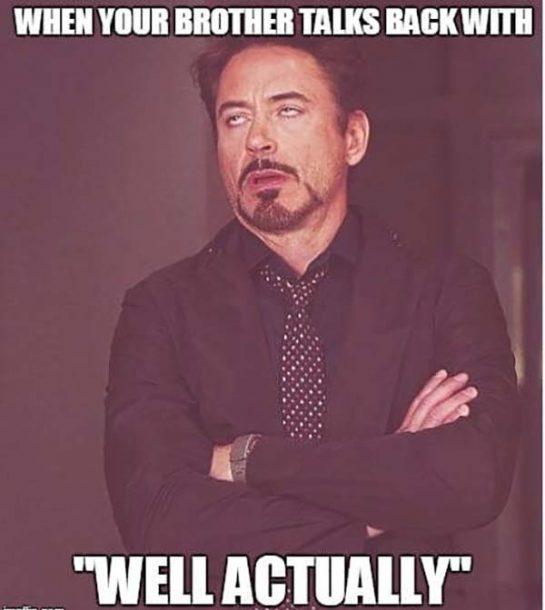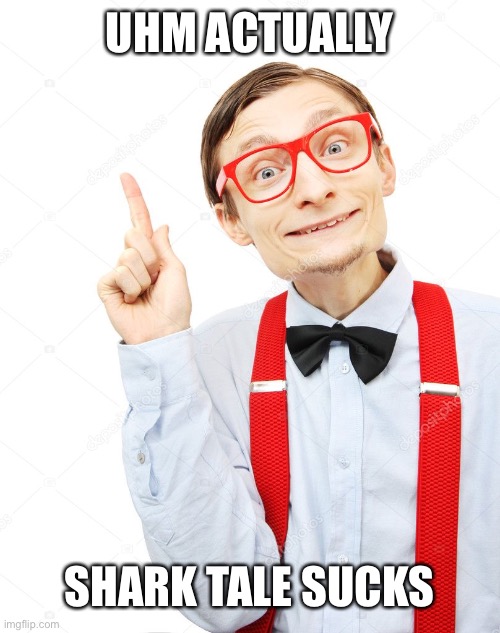Are you ready to delve into the ever-evolving world of online communication, where humor and information blend seamlessly? Memes, the cornerstone of the internet's cultural landscape, have transformed the way we express ourselves and share ideas, often with a playful twist.
The digital age has given rise to a unique form of communication: the internet meme. These shareable snippets of information, usually humorous, spread rapidly across the web, taking on a life of their own as they're adapted and reinterpreted. From simple images with witty captions to animated GIFs and viral videos, memes have become a fundamental part of our online interaction, shaping how we understand and engage with information. Let's explore the origins and evolution of this fascinating phenomenon.
The very genesis of internet memes can be traced back to the early days of online communication. Before the rise of sophisticated image macros and viral videos, the building blocks of memes were much simpler. Emoticons, the textual precursors to emojis, served as a way to convey emotions in the absence of nonverbal cues. Introduced by Scott Fahlman in 1982, the smiley face :-) was among the first of these primitive memes, a clear indication of human attempts to imbue digital interactions with personality.
The evolution of memes is an ongoing process, a testament to the internet's dynamic nature. Richard Dawkins, in his 1976 book "The Selfish Gene," initially coined the term "meme" to describe a unit of cultural transmission, an idea that has been "hijacked" and reshaped in the digital world. Viral memes, those that quickly gain popularity and are widely shared, offer unique insights into the cultural trends and shared experiences of the time. "The dancing baby," a simple computer animation from the late 1990s, is a prime example of an early viral meme. Created by Michael Girard, Robert Lurye, and John Chadwick, the animated GIF quickly spread across the internet and became a staple of online discourse. The popularity of the dancing baby highlighted the power of simple, relatable content to capture the attention of a broad audience.
Today, a vast ecosystem of meme-creation tools allows users to personalize content, making memes even more relevant and shareable. Platforms like Tenor offer ready-made GIFs, allowing users to inject humor and animation into their conversations instantly. Imgflip provides a library of meme templates, including the popular "demotivational" format, enabling users to generate personalized memes within seconds.
One particularly interesting example of a meme that has found its way into the collective consciousness is the "Ackchyually" meme. Originating from a simple illustration of a neckbeard, the meme capitalizes on the intentional misspelling of "actually" as a way to stereotype certain subcultures, particularly those associated with online nerd culture. The mispelling of "actually" is intended to mimic the way some members of these subcultures might pronounce the word, implying the condescending and pedantic tone they might assume when correcting others. This meme is generally used as a reaction image, sarcastically expressing doubt or offering a correction in a humorous manner.
The "Ackchyually" meme illustrates the cultural appropriation and transformation that takes place online. While it first appeared on platforms like 4chan, it gained mainstream popularity in 2016 when it was shared on 9gag. From there, the meme rapidly spread to other social media platforms, like ifunny, twitter, instagram and reddit, where it was featured in various formats, including image macros and GIFs. The meme's longevity can be attributed to its ability to tap into a relatable experience: the frustration of being corrected or the tendency to overemphasize insignificant facts.
Another meme that has captivated audiences is "Actually Guy," also referred to as "Not Okay Guy" or "Actually... It's Not Okay Guy." This meme is characterized by a figure who is the same as "Okay Guy" in his appearance, but in which the person turns their head around to show that something is "not okay" as opposed to the "okay" position. The meme illustrates the shifting perspective on certain situations, showing how an event that may at first seem okay might turn into something not okay upon further examination. This format is frequently used to depict various scenarios where things appear to be fine on the surface, but a deeper dive reveals underlying issues or problems.
The "Italian Brainrot" meme presents a more abstract and experimental style of humor. Originating on platforms like TikTok, the meme features chaotic, surreal content, using a blend of bizarre imagery and nonsensical phrases, such as the "USC Speak Your Mind Challenge". This is the "ice bucket challenge" of 2022. The meme also includes references to AI-generated content, creating an uncanny and humorous effect. "Italian Brainrot" is an example of a meme that uses absurdity and randomness as a means of generating laughs. It's part of a wave of internet humor that embraces the illogical and the unconventional. The rise of these types of memes underscores the internet's ability to push boundaries and continually redefine what is funny.
The "That's Actually Hilarious" meme is derived from a memorable line delivered by Chris Evans in the film "Scott Pilgrim vs. The World". The line itself has transcended its original context and has now become a popular audio trend on platforms like TikTok. This demonstrates how content from a particular movie can achieve lasting popularity, becoming an example of how pop culture is used in memes. In this context, the line is used in many comedic scenarios to express amusement, often in response to something unexpected. This meme has come to be another popular example of the power of sharing cultural references, which further demonstrates the ability of digital media to take on a life of its own.
Relatable memes serve as reflections of everyday life, capturing shared experiences and emotions. These memes often describe feelings or situations that a large audience can connect to, from daily routines to emotional ups and downs. Relatable memes offer a sense of community, showing that others understand the challenges and the humor of navigating the world. By providing a connection through a common experience, these memes make the mundane feel less isolating.
The application of memes extends far beyond simple entertainment. They are used in online communities, social media groups, and communication platforms. The "Ackchyually" meme, for example, could be used in online discussions to humorously correct incorrect information. Memes can also be employed to make social commentary, express opinions on current events, or create awareness around important issues. The versatility of memes has made them a powerful tool in online discourse.
The integration of memes into everyday communication has changed the way we connect. Platforms such as Tenor make it simple to share animated GIFs, allowing users to add visual humor and character into their conversations. This is not only a source of amusement, but it enables people to express their feelings in more vivid and expressive ways.
While the internet's evolution continues, memes will stay important. These brief glimpses into culture are essential to the way we communicate and interact with our environment. Memes are a living reflection of our times, evolving alongside technology and culture. Whether it's a reaction image, a humorous video, or an inside joke, memes will remain a powerful means of connection, creativity, and shared understanding.
The world of internet memes is ever-changing, a constant stream of fresh and new content. From the simplest beginnings to the advanced image-making and distribution platforms of today, memes show the dynamic nature of online culture. As technology develops and society continues to adapt, memes will certainly evolve, reflecting our shared experiences and defining the humor of the digital age.
Here's a table with some additional information about the "Ackchyually" meme, showcasing its origins, evolution, and the contexts where it's frequently used:
| Category | Details |
|---|---|
| Name | Ackchyually |
| Origin | The meme originated with an illustration of a neckbeard with the word "actually" intentionally misspelled as "ackchyually." |
| Year of Confirmation | 2019 |
| Popularity | The meme experienced widespread popularity in the late 2010s across platforms like Reddit, Twitter, Instagram, and iFunny. |
| Typical Use | It is used as a reaction image to comically express doubt or to correct a statement. |
| Associated Themes | It's associated with stereotypes of nerds and neckbeards and is often related to topics of discussion and correction. |
| Variations | The meme has spawned numerous variations and adaptations, often featuring different images or contexts. |
| Platform | It has gained popularity on platforms like Reddit and social media where users share and discuss various memes |
| Related Terms | "Well yes, but actually no," is a related meme phrase often used with the "Ackchyually" meme. |
| Examples of use | Correcting a user about a video game. |
If you want to see more about memes, click on this reference: Know Your Meme


